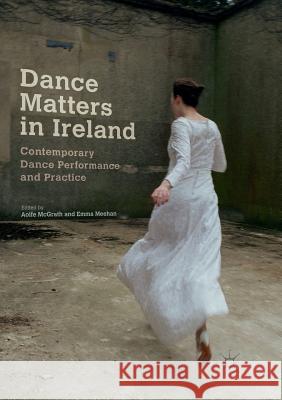Dance Matters in Ireland: Contemporary Dance Performance and Practice » książka
topmenu
Dance Matters in Ireland: Contemporary Dance Performance and Practice
ISBN-13: 9783319883090 / Angielski / Miękka / 2018 / 209 str.
Kategorie:
Kategorie BISAC:
Wydawca:
Palgrave MacMillan
Język:
Angielski
ISBN-13:
9783319883090
Rok wydania:
2018
Wydanie:
Softcover Repri
Ilość stron:
209
Waga:
0.27 kg
Wymiary:
21.01 x 14.81 x 1.19
Oprawa:
Miękka
Wolumenów:
01
Dodatkowe informacje:
Wydanie ilustrowane











